If you’re a little confused about shotgun gauge, fear not. You aren’t the only one out there. In my mind the numbers all seem backward and don’t make sense. Since I assume there are others who are just as confused, I decided to break it all down, both for my future reference and for anyone else who may benefit.
Sponsored by CZ-USA Field Sports
First, so we are all on the same page, the term “bore” refers to the interior space of a gun barrel.

Now, this part is a little confusing, but bear with me. The naming of shotgun gauges goes all the way back to blackpowder and cannons. Back then, an eight-pound cannon’s ball weighed, of course, eight pounds and was referred to as an eight-pounder. The same was true for 12-pounders, six-pounders and four-pounders.

Shotgun gauges are named by the number of lead balls of a certain diameter weighing one pound. For example, the sphere of lead that fits perfectly in the bore of a 12 gauge shotgun weighs 1/12 of a pound. For a smaller 20-gauge shotgun, it would take 20 balls of 20 gauge diameter to weigh a pound. Confused yet?
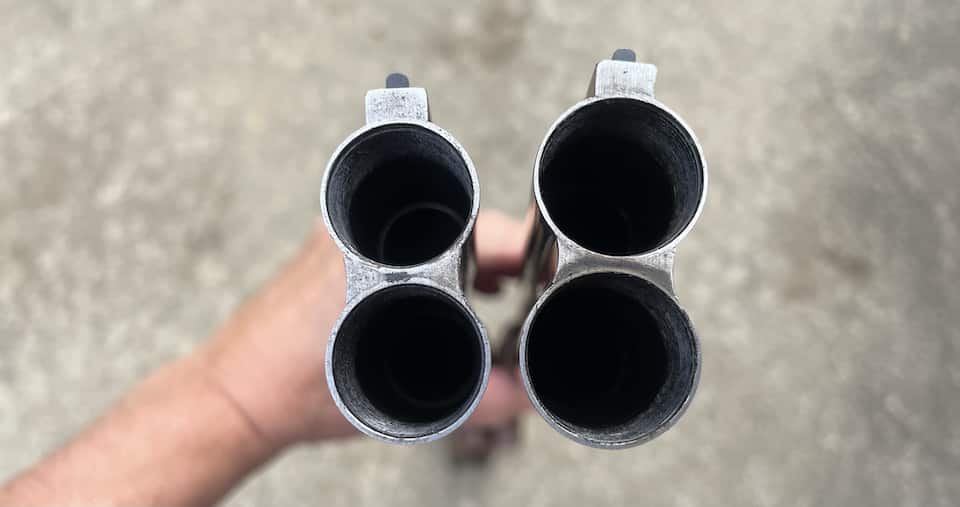
However, the .410 is an exception to the gauge designation for shotguns. Its actual bore diameter is 410/1000ths of an inch. This is approximately equivalent to a 67½ gauge.

Here’s all that you really need to know, the smaller the gauge of a shotgun, the larger the bore diameter. For example, a 10 gauge shotgun’s bore is larger in diameter that a 12 gauge, which is larger than a 16 gauge, which is larger than a 20 gauge, and so on.
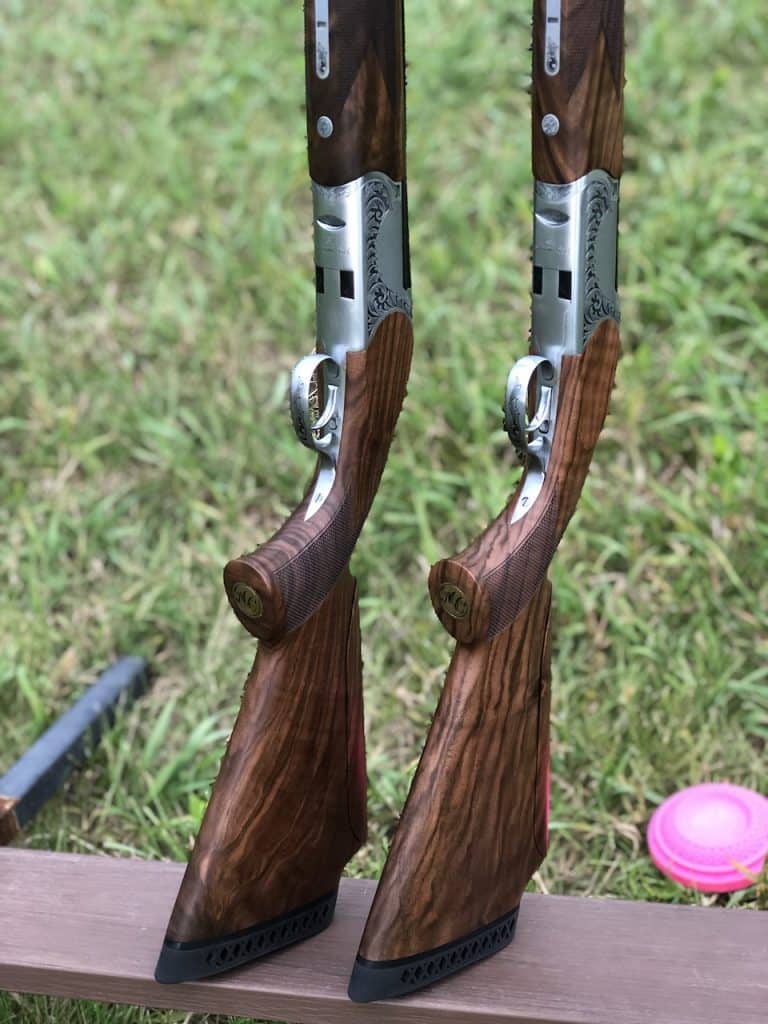
If you’re in search of a multi-purpose gun suitable for a wide variety of game, look no further than the 12 or 20 gauge. However, if you’re putting every effort into a hunting trip or your newfound passion, you may find the following recommendations helpful.
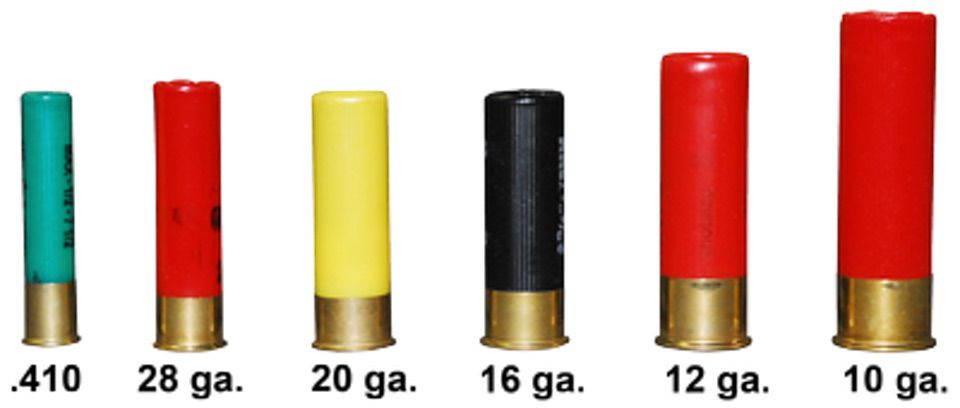
10 Gauge: Mostly used for waterfowl and goose.
12 Gauge: The most popular shotgun gauge in the United States, the 12 gauge is used for everything from small game to deer (with a slug, of course).

16 Gauge: Although not a very popular gauge in US, it’s mostly used in Europe for hunting small and upland game such as pheasant, quail, dove, grouse, rabbit and squirrel.
20 Gauge: This second most popular gauge is a favorite of upland and small game hunters in the US. Both the gun and the ammunition are lighter than a 12 gauge, which makes it easier to carry for upland hunting.
28 Gauge: A favorite among skeet shooters, it also used by skilled hunters for both upland game and small animals.
410 Bore: This very mild recoiling shotgun is popular with petite framed hunters, taking smaller animals at a close range.
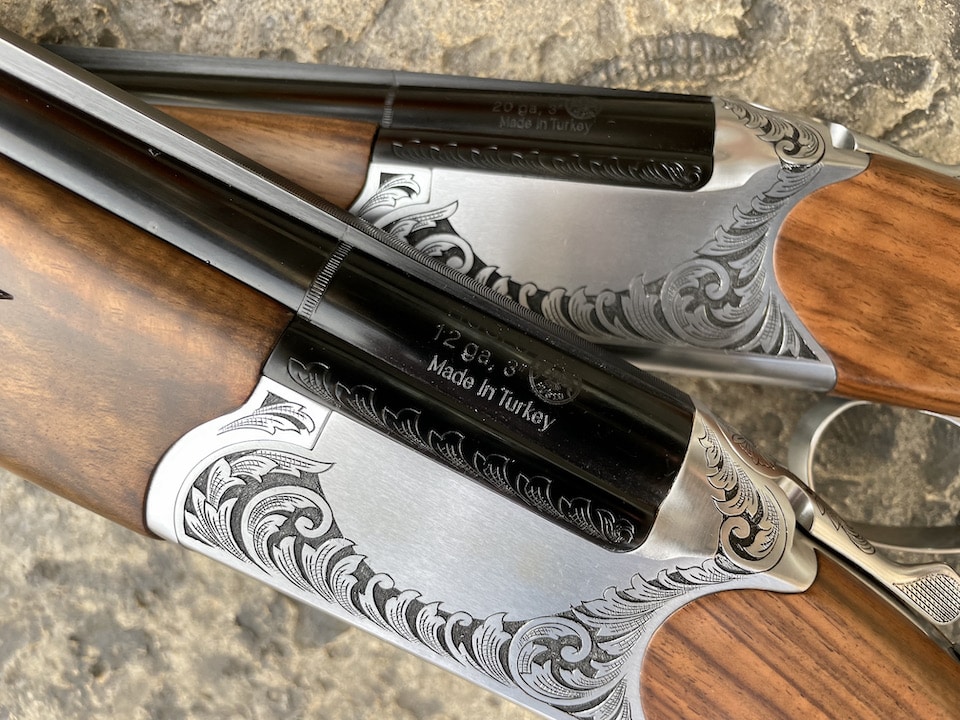
You should never attempt to load any shells of a different gauge into any shotgun. Follow these steps before loading your shogun:
1. Check the gauge of your shotgun – usually located on the rear of the barrel.
2. Confirm that it matches the gauge written on the factory ammunition box.
3. Make sure the gauge printed on the brass head of each shell also matches.
4. Note the color of shell hulls, too. Don’t rely on this method solely, but note it. Companies have color schemes that they use, and if you learn this system, you’ll have another check in place.
4. Do not carry any other ammunition with you on the hunt. Also, if borrowing shotgun shells from another hunter, make sure you double check those also.
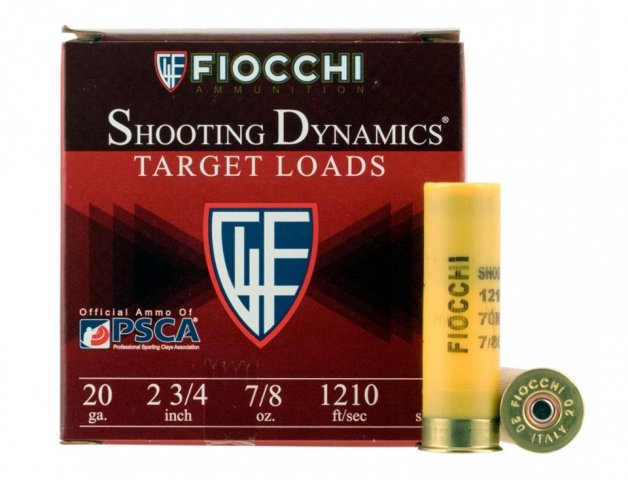
Regardless of what gauge shotgun you decide to shoot, know you firearm. Learn how to load and unload it, and how to work the safety. When you return home, also make sure to store if properly. Be safe and have fun!
Michelle Cerino, aka Princess Gunslinger, first entered the firearms industry in 2011 as co-owner, president and trainer at a national training company. She immediately began competing in both 3-Gun and NRA Action Pistol, becoming a sponsored shooter. Michelle is currently a columnist and Managing Editor of Women’s Outdoor News, as well as owner of Pervenio LLC. She also manages social media for Vera Koo and FASTER Saves Lives. Michelle encourages others to step out of the comforts of home and explore. View all posts by Michelle Cerino